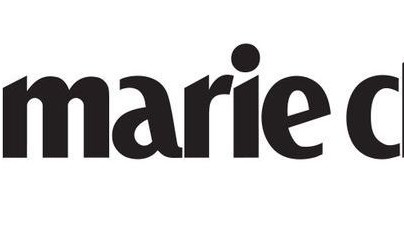How the Caregiver Crisis Is Preventing Us from Fixing the Pay Gap
Women hold two-thirds of the jobs in the lowest paying fields—and it's keeping us down.

Today, April 12, is Equal Pay Day in the U.S. It's a day we set aside to acknowledge that pay inequality persists, here and everywhere, and it matters. Women in the U.S. earn, on average, 79 cents for every dollar earned by men; women of color earn even less, about 60 cents, on average to a man's dollar.
What's worse: The pay gap hits those who earn the least the hardest.
Take golf caddies, for example, who are mostly men. They earn an average $17 an hour. Compare that to caregivers, a job mostly done by women, who earn an average of $9 an hour. The discrepancy illustrates both a central problem with the way that we value labor and a damaging blindness to the value of the care economy.
The reality of the "male breadwinner" is long gone, but it has not been replaced by a viable alternative. Contemporary economies need both men and women to work, but employment is often designed as if there were no responsibilities at home. With women now heading more than 15.2 million households in the U.S., the pay gap puts them in a bind. Because they're paid less, they must work longer hours to net the same income, but demands at home often mean they must work fewer hours than their male counterparts.
For women who can afford it, the solution is to hire someone (often a woman) to help with childcare and running the household. But who cares for the carers?
In the U.S., women hold two-thirds of the jobs in the lowest paying professions. They're domestic workers, cleaners, and caregivers (both for children and the elderly)—jobs that are critical to the functioning of our economy, but are unrecognized as such and hugely undervalued. Undervaluing these women's contributions to society reinforces the gender pay gap by entrenching them in low paid work and limiting their opportunities advancement.
Last month UN Women issued a "Call to Action" on closing the gender pay gap, working with key stakeholders to develop an international coalition that will bring urgent progress on equal pay. In addition, addressing the care economy and reducing gender pay gaps are two of six target issues for the newly formed UN Secretary-General's High Level Panel on Women's Economic Empowerment. This panel includes thought leaders from a spectrum of influence, from the IMF and World Bank to trade unions and civil society, who are confronting the largest obstacles to economic empowerment facing low-income, disadvantaged, and marginalized women. These are very real barriers, and for us to make progress on some of the most intractable issues facing women's empowerment, they have to go.
Get exclusive access to fashion and beauty trends, hot-off-the-press celebrity news, and more.
Phumzile Mlambo-Ngcuka is the UN Under-Secretary-General and Executive Director of UN Women.
Follow Marie Claire on Instagram for the latest celeb news, pretty pics, funny stuff, and an insider POV.